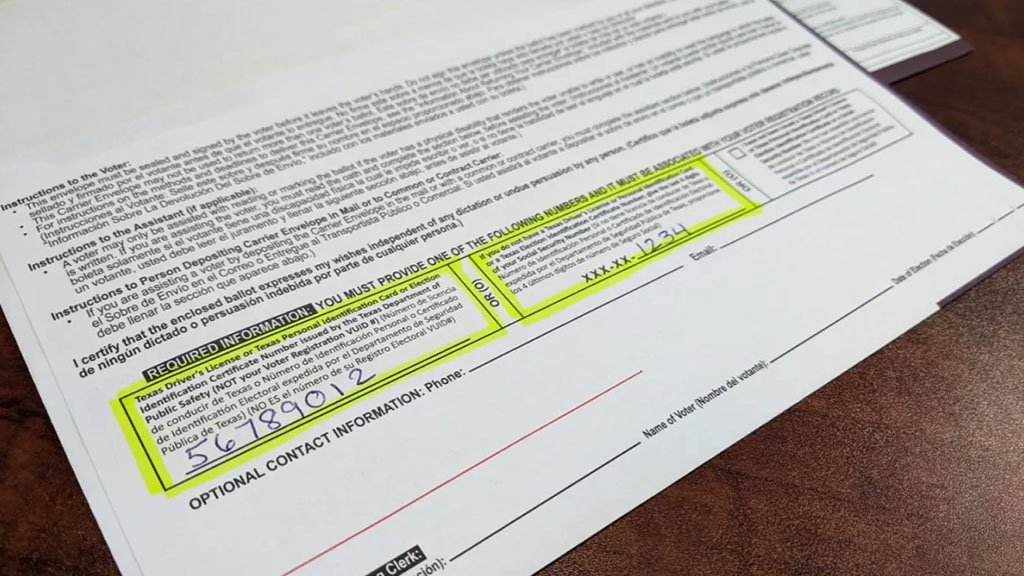15% of El Paso runoff mail-in ballots rejected so far

EL PASO, Texas -- More than one of every seven mail ballots cast in El Paso for the primary runoff elections were rejected, mostly because of failure to comply with new steps required this year, the county’s election administrator said.
That rejection rate is much higher than in previous years, when fewer than 10% of mail ballots were thrown out, but down from the 45% rejection rate in the first week of early voting for the March 1 primary.
Andres Candelaria, 70, was angered when he was among hundreds of El Pasoans whose mail-in ballots were discarded in the primary. He said no complaints about his runoff vote.
“I once again voted by mail and have encountered no problem,” Candelaria said.
Through Wednesday, 562 mail-in ballots -- or about 15% of the more than 3,800 cast -- had been returned to voters, most because they did not include a driver’s license number or last four digits of their Social Security number on the ballot envelope, El Paso County Elections Administrator Lisa Wise said.
Wise said 165 of the returned ballots had been “cured” as of Wednesday, meaning voters had fixed the error. The 397 remaining rejected mail-in ballots -- and any others that might be rejected before Tuesday’s runoff elections -- can only be counted if they’re cured by next week.
Voters can cure ballots by going to the County Courthouse, 500 E. San Antonio Ave., by May 31. Corrected ballots sent by mail have to be postmarked by Tuesday, May 24, and received by the elections office by Wednesday, May 25, Wise said.
The biggest cause of ballot rejections in both the primary and runoff has been a new state law passed last year by the Republican-controlled Legislature that requires voters to write either their driver’s license number or the last four digits of their Social Security number on the envelope with the ballot. Voters have to remember which of those numbers they used when registering to vote -- often decades ago -- and the numbers must match exactly.
Republicans said the measure was necessary to prevent fraud, though they presented no evidence of widespread fraud in Texas elections. Critics said the measure was designed to make voting more difficult.
In El Paso, the vast majority of rejected ballots in both the primary and runoff have been for Democratic Party contests, largely because Democrats are more likely than Republicans to use that means of voting.
Wise said the elections office has been proactive in trying to reduce the number of rejected ballots.
“This election, we began highlighting the carrier envelope from the beginning, alerting voters to the required information. That happened about halfway through with the primary election,” she said. “I believe that is helping with the percentage (of rejected ballots), and many of these voters are getting a second look at the new requirements as well.”
In the March primary, more than 1,000 mail-in ballots were rejected in the first week of early voting. Many voters were able to cure their ballots, but more than 700 mail-in ballots in El Paso County were discarded after election officials found non-compliance with state law and the voters failed to fix the problem. An El Paso Matters analysis found that the vast majority of rejected ballots were from regular voters, many of whom had been registered to vote in the county for decades.
People who vote by mail can track the status of their ballot online. The El Paso County Elections Department notifies voters when a mail ballot is rejected. If you have a question about mail-in voting or other election information, call the Elections Department at 915-546-2154.
This article first appeared on El Paso Matters and is republished here under a Creative Commons license.![]()
